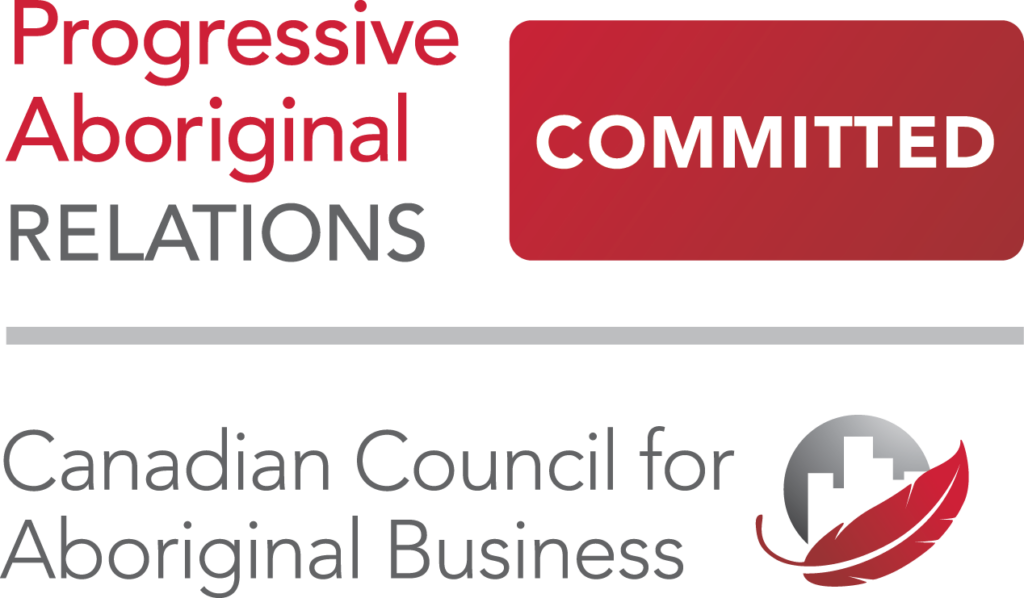With over 75+ years of combined experience on the AIM team, our experts have come across many commonly asked questions. From the basic ask of what affiliate marketing is to more complex questions like what are the legal considerations in affiliate marketing, we’ve heard them all.
For those exploring or expanding into affiliate marketing, we’ve crafted this helpful FAQ series. Part 1 (Unraveling the Basics) was designed to kickstart newcomers’ careers. Part 2 covers the how-tos of promoting products. And now, part 3 is here to help with the next steps for understanding and excelling in your affiliate journey.
In Part 3 you will:
- Learn about tracking.
- Get tips on how to be successful.
- Understand the legal considerations to consider.
- And More!
Let’s dive in!
How do I track my affiliate sales and commissions?
To keep tabs on your affiliate sales and commissions, follow these steps.
- Affiliate Platform Dashboard: Log in to your affiliate account to access real-time sales, clicks, and commissions data.
- Unique Affiliate Links: Each product you promote should have a unique affiliate link. Sales made through these links are automatically tracked and credited to your account.
- Conversion Tracking Tools: Some affiliate programs offer tools to monitor link performance closely, helping you identify top-performing products and adjust strategies accordingly.
- Reports and Analytics: Regularly review reports provided by the affiliate platform to analyze trends and commission earnings.
- Third-Party Tracking Tools: Consider using third-party tracking software, especially if you promote products across multiple platforms, for additional insights into your affiliate sales and commissions.
By utilizing these methods, you can effectively track your affiliate sales and commissions to measure your success and optimize your strategies accordingly.
What are the legal considerations in affiliate marketing?
When diving into affiliate marketing, it’s crucial to keep the legal stuff in mind. Here are some key considerations:
- Be Transparent: Let your audience know about your affiliate ties. It builds trust and complies with FTC guidelines.
- Privacy First: Make sure your site has a privacy policy that spells out how you handle user info.
- Compliance: Adhere to local and international laws regarding online marketing, data protection, and consumer rights.
- Watch Those Trademarks: Don’t step on any trademark toes when you’re promoting products or brands.
- Respect Copyrights: only use images, videos, or content that you have permission to use or are properly licensed.
- Tax Time: Understand your tax obligations as an affiliate marketer, including reporting and paying taxes on your earnings.
- Know Your Agreements: Read through those affiliate agreements carefully. You want to fully understand what you’re signing up for.
- Keep It Ethical: Always be upfront and honest about the products you’re promoting.
By staying informed about these legal considerations, you can ensure that your affiliate marketing activities are compliant and ethical.
How do I build a successful affiliate marketing business?
To build a robust affiliate marketing business strategy, you’ll want to start by identifying a niche that aligns with your interests and offers profitability. From there, select high-quality products and establish an authoritative online presence through a professional website or blog. Then, it’s all about crafting compelling content tailored to your audience’s needs and leveraging various channels such as social media and email marketing to drive traffic. Just remember to focus on building trust and authority, optimize conversion rates, and continuously track and adapt your strategies for success in this dynamic field.
What are the most common mistakes to avoid in affiliate marketing?
Some common mistakes that we’ve seen hinder affiliates’ success include failure to select products that resonate with their audience and maintain high quality. Lack of transparency; you’ll want to openly disclose your affiliate relationships to build trust with your audience. Avoiding excessive promotional tactics is also key to preserving credibility. Many forget SEO—prioritize search engine optimization to boost online visibility. And, you don’t want to forget to rigorously track link performance to refine strategies effectively.
How do I find and work with affiliate networks?
Finding and collaborating with affiliate networks involves several steps:
- Research reputable affiliate networks tailored to your niche.
- Apply for membership by completing an application form.
- Explore the diverse range of merchants and offers within the network.
- Strategically promote products using unique affiliate links provided.
- Regularly monitor performance metrics and adjust strategies accordingly for optimal results.
- Familiarize yourself with the network’s payment terms, including minimum payout thresholds and available payment methods.
- Establish open communication channels with your affiliate manager for guidance and support.
- Ensure compliance with the network’s terms of service and legal requirements, including transparent disclosure of your affiliate relationships to your audience.
By following these steps and actively engaging with the affiliate network, you can maximize your earning potential and build successful partnerships with merchants.
We’ve also put together a shareable infographic with all of the above information. If you would like a handy reference or would like to share the wealth of knowledge, please click the button to download your copy.












